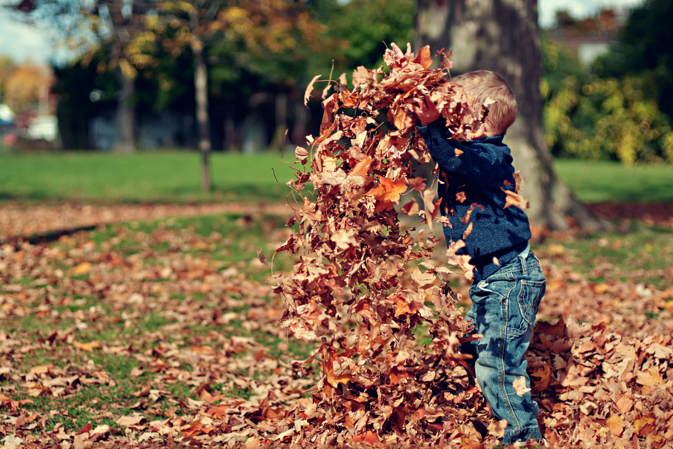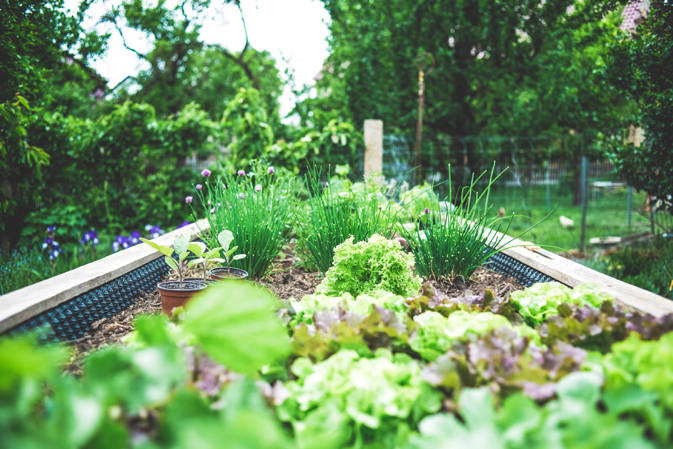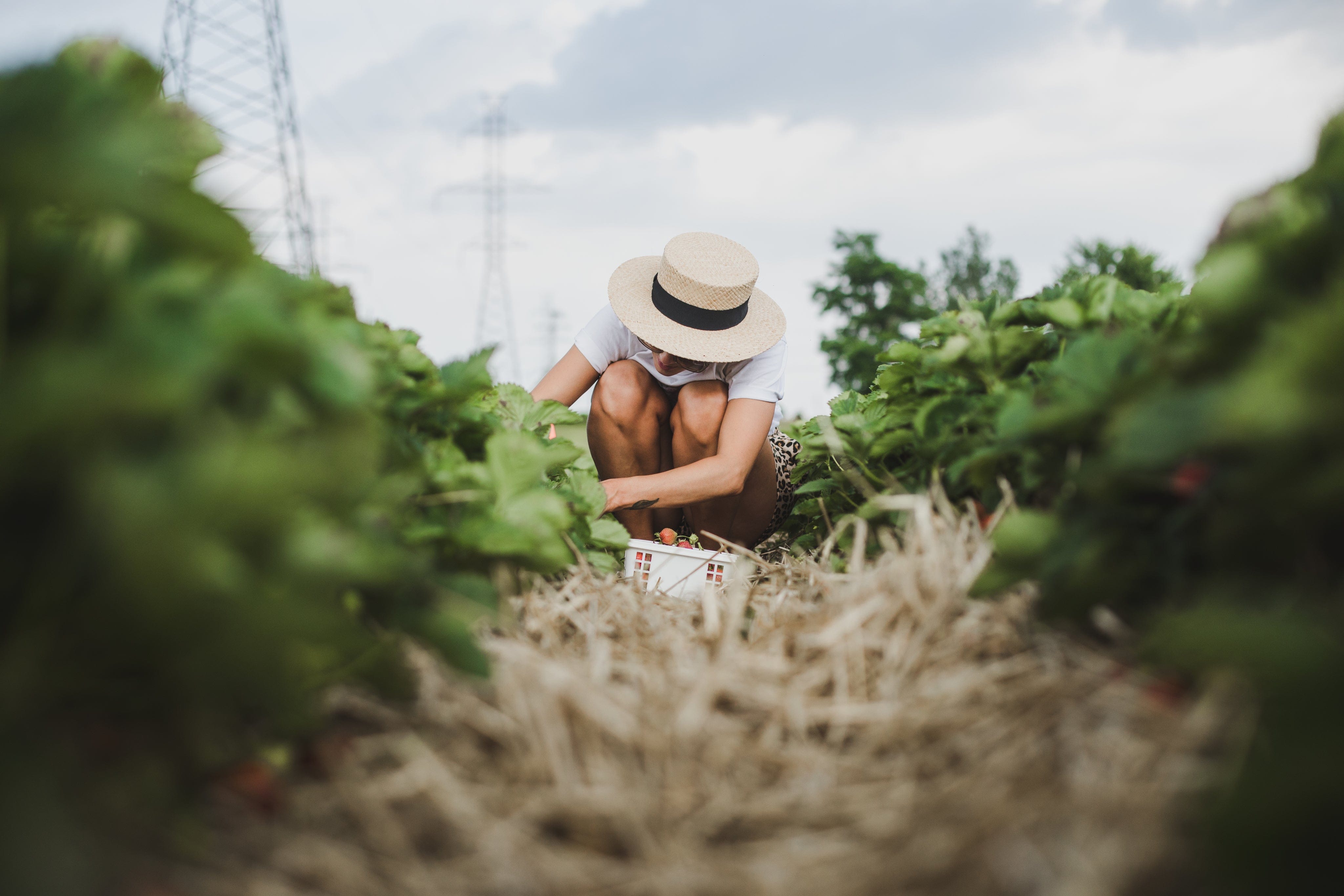
A Few Tips: Creating the Perfect Balcony Garden
Your balcony garden is whatever you make it. It can become a tropical, tastefully overgrown paradise, or a minimalist’s day dream. It can include a variety of succulents and become your own little desert haven or you can transform your balcony into an abundant fruit and vegetable garden.
Check here for the easiest fruit trees that you can grow in pots.

Balcony gardens can take on all sorts of shapes and forms, and the only limit is your creativity and the amount of space you have. With the right know-how and a little bit of careful planning, you can quite easily turn a bland, empty space into the one place you want to escape into after a hard day at work.
Within the microclimate of a balcony garden setup, you will find that there is a variety of plants that suit all sorts of environments, from shady areas to those spaces that get loads of sunlight each day.
Balcony Garden Considerations
To get your garden off to the best possible start, here are a few things to ponder.
1. How much space do you have?
It is the most important consideration of all, since your space will determine just how creative you can be with your design and your plants. Think of your space as a 3D environment. You are not just limited to the floor but can also extend your garden to the walls, the windowsills and the fire escape (should you have one). You can even consider hanging containers from the ceiling of your balcony.
2. How much sunlight do you have to work with?
Not all plants need an overabundance of sunlight each day, but there are very few plants out there that can survive on no light at all. You need to know exactly how much light the balcony gets throughout the day. This means that before you start planning which plants you’d like to buy, you should spend some time observing how much light the area gets from one day to the next and also take into consideration the fact that the seasons are going to affect your light as well. To help you with your sunlight planning, you can also make use of a tool called a sun calculator.
3. How much care can you give your garden?
Depending on what you are planting and where you are planting which plants, garden care is going to be your next big consideration. When it comes to planning, you will need to know how much care you are willing and able to give to your garden. High maintenance plants might not be best for those with a busy lifestyle.
4. What kind of budget do you have to work with?
The brilliant thing about balcony gardens is that they are not all that expensive to create or maintain. In fact, if you are prepared to take your time cultivating your balcony garden, you will easily be able to budget for it. And if you really want to cut back on costs, you can always look at buying second hand pots and containers.
5. Growing food?
There is something quite rewarding about growing fruits and vegetables, and you can easily do it on a balcony. If you intend to grow food, you will need loads of sunlight and you will also need to be able to give these plants plenty of care.

Balcony Garden Designs
This is where you can let your creativity run a little wild. Balcony gardens are very much unlike any other garden because they really let you explore unusual planting designs and containers. You also have quite the range of plants to choose from.
When designing your garden, considering your space, you can have a trellis garden, a garden filled with spiller plants or a filler container garden. The trellis garden is perfect for those plants which are going to climb. Spillers refer to plants which literally spill out, and spread along the ground, like strawberries, while filler garden plants are just there to take up a little space.

There are no rules when it comes to layout. All you should do is make sure your plants have enough space to grow lush and that they are easy to get to so you can give them enough care.
The Best Plants for Balconies
Some plants grow better on balconies than others. When you are on the lookout for the best plants for balconies, these are a few to consider. And remember, if you have any questions, you can always ask the nursery for their advice.
- Impatiens

These colourful flowers are considered spillers, as they grow out wide and spread out all over the place. They are suitable for shaded spaces and they can be planted close together. As for care, you will need to water these plants on a daily basis.
- Marigolds

The beautiful yellow and orange hues of the marigold flower will really brighten up any space. These flowers are incredibly hardy and they thrive in full sunlight as well as partial shade. They are also quite wonderful for keeping mosquitoes and plant pests away, so planting them near a window or door can benefit you in more ways than one. Marigolds need very little care and can be contained quite easily to a decent sized pot.
- Pansies

If you are looking for colour, as well as a sweet smell, the pansy is without a doubt the plant for your balcony. Pansies bloom in shades of red, blue, yellow, white, pink and purple. They are rather keen on partially shaded areas and they don’t do so well in extreme heat.
- Begonias

Should you be going for a minimalist type garden, opting for the plain white but undeniably beautiful begonia is a fantastic option. Begonias don’t do so well in the cold and they can be sensitive to extreme sunlight, but if you put them in a partially shaded area and give them a little water, you will enjoy flowers every year.
Along with these beautiful flowers you can also grow a wide range of herbs, which will not only fill your home with a delightful fragrance but will also be most welcome in your kitchen.
Interested in reading more, click on the below:
Standing on your stoop? Having trouble with your terrace? Let The Pot Shack boujee your balcony with all the pots we have to offer.




Leave a comment
This site is protected by hCaptcha and the hCaptcha Privacy Policy and Terms of Service apply.